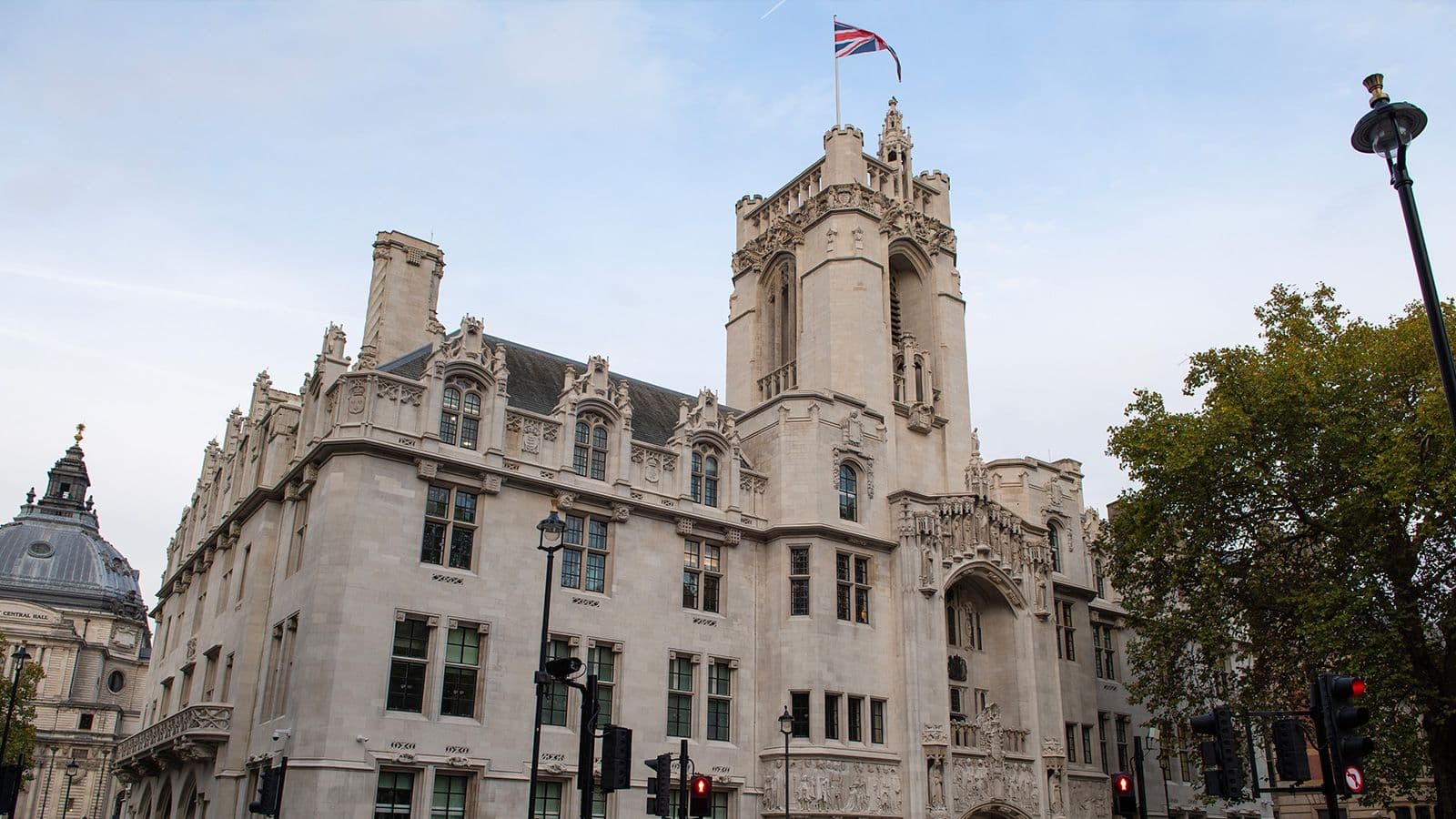Judicial Vacancies at the Supreme Court
Judicial Vacancies at the UK Supreme Court

The UK Supreme Court and Judicial Committee of the Privy Council hear a wide range of very complex and high-profile legal appeals, which can have a considerable impact across the United Kingdom and beyond.
All those appointed to the Court need to be people of truly exceptional intellectual and legal ability, with sound judgment and decisiveness. The Lord Chancellor has convened selection commissions who are looking for candidates who can show an ability to contribute to the collegiate decision-making of the Court, a sensitivity to the needs of different communities and groups and an ability and willingness to engage in the wider representational and leadership role of a Justice, together with an appreciation of the developing nature of the constitution and law in England, Scotland, Northern Ireland and Wales. The Supreme Court is required by statute to have judges with a knowledge of, and experience of practice in, the law of each part of the United Kingdom.
The independent selection process

Much of the selection process is set out in statute, namely the Constitutional Reform Act 2005 (as amended by the Crime and Courts Act 2013).
In short, the steps undertaken by the independent selection commissions (once convened by the Lord Chancellor) are:
- Consultation with the Lord Chancellor on the position to be advertised and the process of selection
- The vacancy is advertised, with candidates invited to submit a personal statement, examples of work and details of independent assessors. The basic eligibility criteria are set by Parliament.
- The statute also requires that the Lord Chancellor, the First Minister of Scotland, the First Minister of Wales, the Judicial Appointments Commission in Northern Ireland and senior judges across the UK are consulted as part of the selection process.
- Candidates are shortlisted and interviewed by the panel. Under changes introduced by the Crime and Courts Act 2013, where two candidates are deemed to be of equal merit, the commission can give preference to one candidate over the other for the purpose of increasing diversity within the Court.
- After interviews, a report is sent to the Lord Chancellor for her consideration. There is another round of consultation with the senior politicians and judges. The Lord Chancellor then accepts the recommendation(s), or can reject it, or ask the commission to reconsider.
- When the Lord Chancellor accepts a recommendation, the name is notified to the Prime Minister and HM The King. The candidate is informed of the outcome, and the Prime Minister's Office then makes an announcement.
A more detailed description of the process is also available on our Appointments of Justices section.
Justice of the Supreme Court
More information about the recruitment of a Justice of the Supreme Court is available here: Judicial Vacancies: Justice of the Supreme Court of the United Kingdom - UK Supreme Court
Support and further information for prospective candidates
An opportunity for potential candidates to speak to a Justice about working at the Court can be arranged. More information is available on the Judicial Vacancies page.
Listen
We have produced a short series of podcasts, featuring interviews with serving Justices. In these, Justices speak about their career path and why they applied to become a Justice, as well as sharing insights into what the application process felt like and what advice they would give someone considering applying.
Lady Arden Appointments Podcast
Lord Burrows Appointments Podcast
Watch
A webinar recording on career pathways to becoming a Justice. This provides an opportunity to learn more about the appointment process and what it takes to become a well-qualified candidate, enabling aspiring future Justices to kick-start long-term career planning.
Short videos have been released on social media during the application period where current and former Justices talk on themes such as: the qualities of a Justice; tips for Justices; and diversity in the judicial profession. You can watch these videos via the links below.

